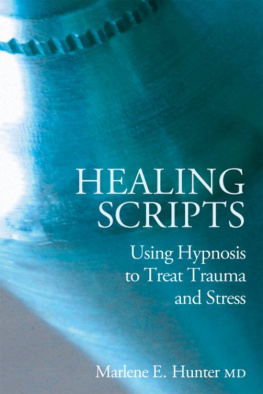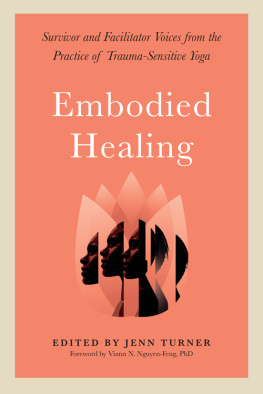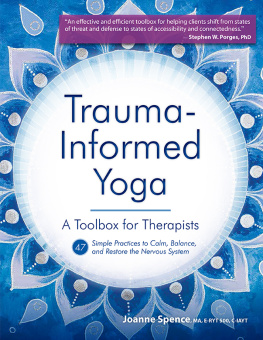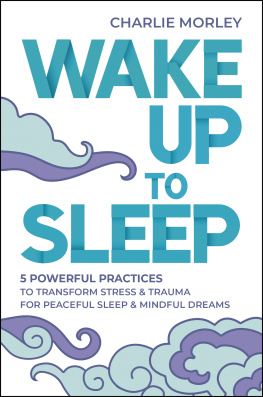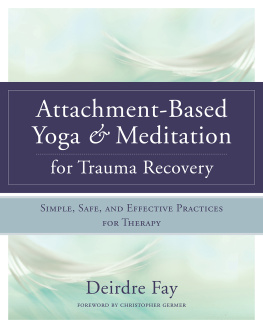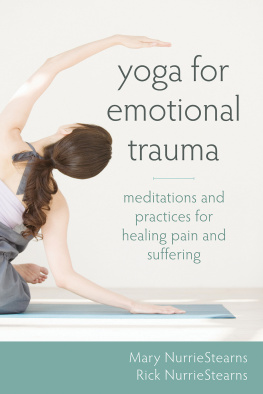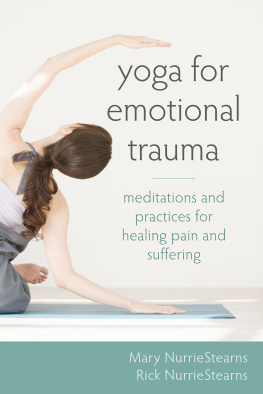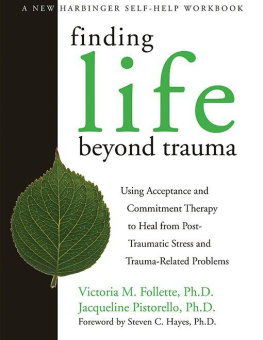Contents
HEALING TRAUMA WITH YOGA
A Self-Healing Guide to Manage Symptoms of Trauma and Feel Empowered
Helena Racial
Copyright 2020 by Helena Racial
All rights reserved.
This document is geared towards providing exact and reliable information with regards to the topic and issue covered. The publication is sold with the idea that the publisher is not required to render accounting, officially permitted, or otherwise, qualified services. If advice is necessary, legal or professional, a practiced individual in the profession should be ordered.
From a Declaration of Principles which was accepted and approved equally by a Committee of the American Bar Association and a Committee of Publishers and Associations.
In no way is it legal to reproduce, duplicate, or transmit any part of this document in either electronic means or in printed format. Recording of this publication is strictly prohibited and any storage of this document is not allowed unless with written permission from the publisher. All rights reserved.
The information provided herein is stated to be truthful and consistent, in that any liability, in terms of inattention or otherwise, by any usage or abuse of any policies, processes, or directions contained within is the solitary and utter responsibility of the recipient reader. Under no circumstances will any legal responsibility or blame be held against the publisher for any reparation, damages, or monetary loss due to the information herein, either directly or indirectly.
Respective authors own all copyrights not held by the publisher.
The information herein is offered for informational purposes solely, and is universal as so. The presentation of the information is without contract or any type of guarantee assurance.
The trademarks that are used are without any consent, and the publication of the trademark is without permission or backing by the trademark owner. All trademarks and brands within this book are for clarifying purposes only and are the owned by the owners themselves, not affiliated with this document.
CHAPTER ONE: DEMYSTIFYING TRAUMA
T he longer we live, the more likely it is that trauma will happen to us. Trauma is the reaction to a profoundly distressing or upsetting occurrence that overwhelms the capacity of a person to cope, triggers feelings of helplessness, reduces their sense of self and their ability to feel the full spectrum of feelings and experiences.
It does not discriminate and in the world it is widespread. A Global Mental Health Survey conducted by the World Health Organization found that trauma was encountered by at least a third of the more than 125,000 individuals surveyed in 26 different countries. As described by the DSM-IV (the classification contained in the Diagnostic and Statistical Manual of Mental Disorders, 4th Edition), the number rose to 70 percent when the category was confined to people with core disorders. But those numbers are recorded only for instances; the real number is possibly much, much higher.
Although there are no objective criteria for determining which incidents will cause symptoms of post-trauma, situations usually include loss of control, betrayal, power abuse, helplessness, pain, confusion, and/or loss. In order to affect a person deeply and change their experiences, the incident does not have to rise to the level of war, natural catastrophe, or personal attack. Traumatic conditions that cause signs of post-trauma differ from person to person quite drastically. It is also quite subjective and it is important to bear in mind that its answer defines it rather than its cause.
COMMON RESPONSES AND SYMPTOMS OF TRAUMA
The response to a traumatic event varies considerably among individuals, but there are some general, basic symptoms.
Emotional signs include:
- sadness
- anger
- denial
- fear
- shame
These may lead to:
- nightmares
- insomnia
- difficulty with relationships
- emotional outbursts
Common physical symptoms:
- nausea
- dizziness
- altered sleep patterns
- changes in appetite
- headaches
- gastrointestinal problems
Psychological disorders may include:
- PTSD
- depression
- anxiety
- dissociative disorders
- substance abuse problems
Acute Stress Disorder vs. Disorder with Post-Traumatic Stress
Post-traumatic stress disorder (PTSD) is not established by any traumatized person. Some people experience some symptoms like the ones mentioned above, but after a few weeks, they go away. Acute stress disorder (ASD) is called this.
When the symptoms last longer than a month and seriously affect the ability of the person to work, the individual can suffer from PTSD. After the incident itself, some people with PTSD do not exhibit symptoms for months. And for the remainder of their lives, some individuals struggle with the PTSD effects of a traumatic encounter. PTSD symptoms may escalate to panic attacks, depression, thoughts and feelings of suicide, substance abuse, feelings of being isolated and unable to perform daily tasks.
Trauma styles
As described above, trauma is characterized by the survivor 's experience. Yet a delineation of the degrees of trauma remains. Broadly defined, they can be categorized as large traumas of 'T' and small traumas of 't'.
Small 't' traumas are cases in which the protection or life of one's body is not compromised, but nonetheless cause trauma symptoms. Such accidents set us off-kilter and interfere with normal functioning in the world. When they arise, they definitely do not seem small at all, but most would have an easier time to heal from them than a massive 'T' trauma. In the other hand, when they appear to be surmountable, tiny 't' traumas are often overlooked. This can be dangerous because a person can track the cumulative impact of an unprocessed trauma or trauma relentlessly. Examples include: life changes such as a new job or moving; relationship incidents such as divorce, infidelity, or a disturbing personal dispute; life stressors such as financial difficulties, stress or conflict at work, or legal battles.
Big 'T' traumas are exceptional events that cause extreme anxiety and helplessness. They can be one-time incidents, such as terrorist attacks, natural disasters, and sexual harassment. Or, they may be prolonged stressors, such as war, exploitation of infants, neglect or crime. They are much harder to miss or even unlikely, but they are mostly deliberately ignored. People can, for example, steer clear of triggers such as personal reminders, certain locations, or circumstances such as crowded or even deserted locations. And they may avoid confronting the event's memory. As a means of coping, this only works for so long. Prolonging access to care and help prolongs recovery.
Trauma Treatments
For the pain associated with them, there is no remedy for trauma or other easy fixes. But hope is there. There is a broad variety of successful treatments and access to them is universal. Trauma survivors are better supported by collaborating with a trauma-focused or trauma-informed therapist or counseling. A mixture of recovery modalities would be used by most trauma-informed therapists.
Alternatives to psychotherapy include exposure therapies to assist with desensitization, cognitive behavioral therapy to change thinking and behavior patterns, and reprocessing therapies such as Eye Movement Desensitization and Reprocessing (EMDR) that enable memories and events to be reprocessed by the survivor. Somatic Experiencing and Sensorimotor Psychotherapy provide somatic interventions that use the body to process trauma. It may also aid with hypnosis, mindfulness, craniosacral therapy, trauma-sensitive meditation, art therapy and acupuncture. And last, many people use drugs that can make symptoms less severe and more manageable, mostly antidepressants and anti-anxiety medications.


